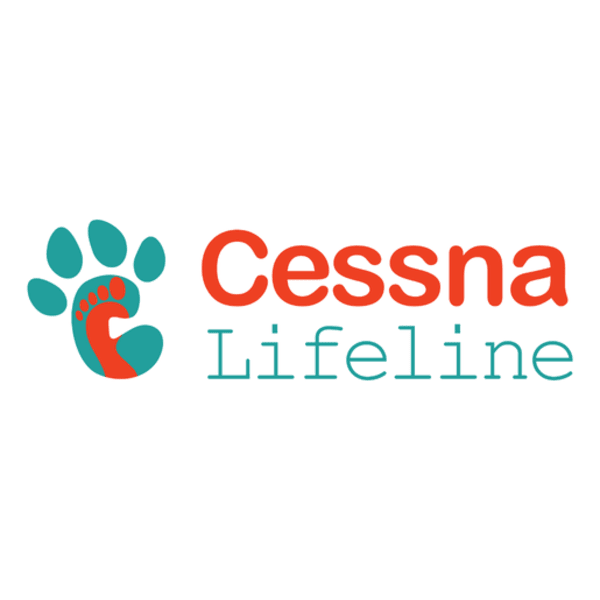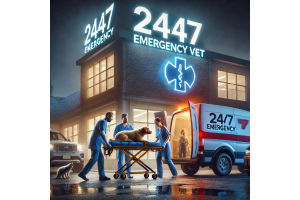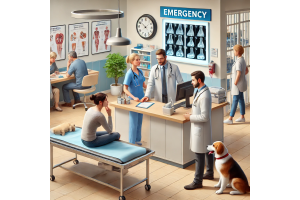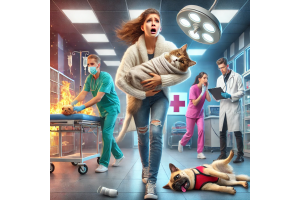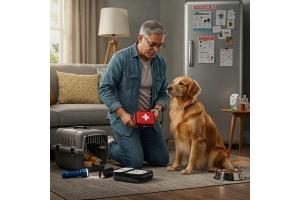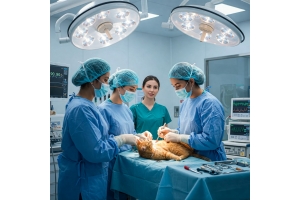Identifying and Accessing Emergency Cat Hospitals
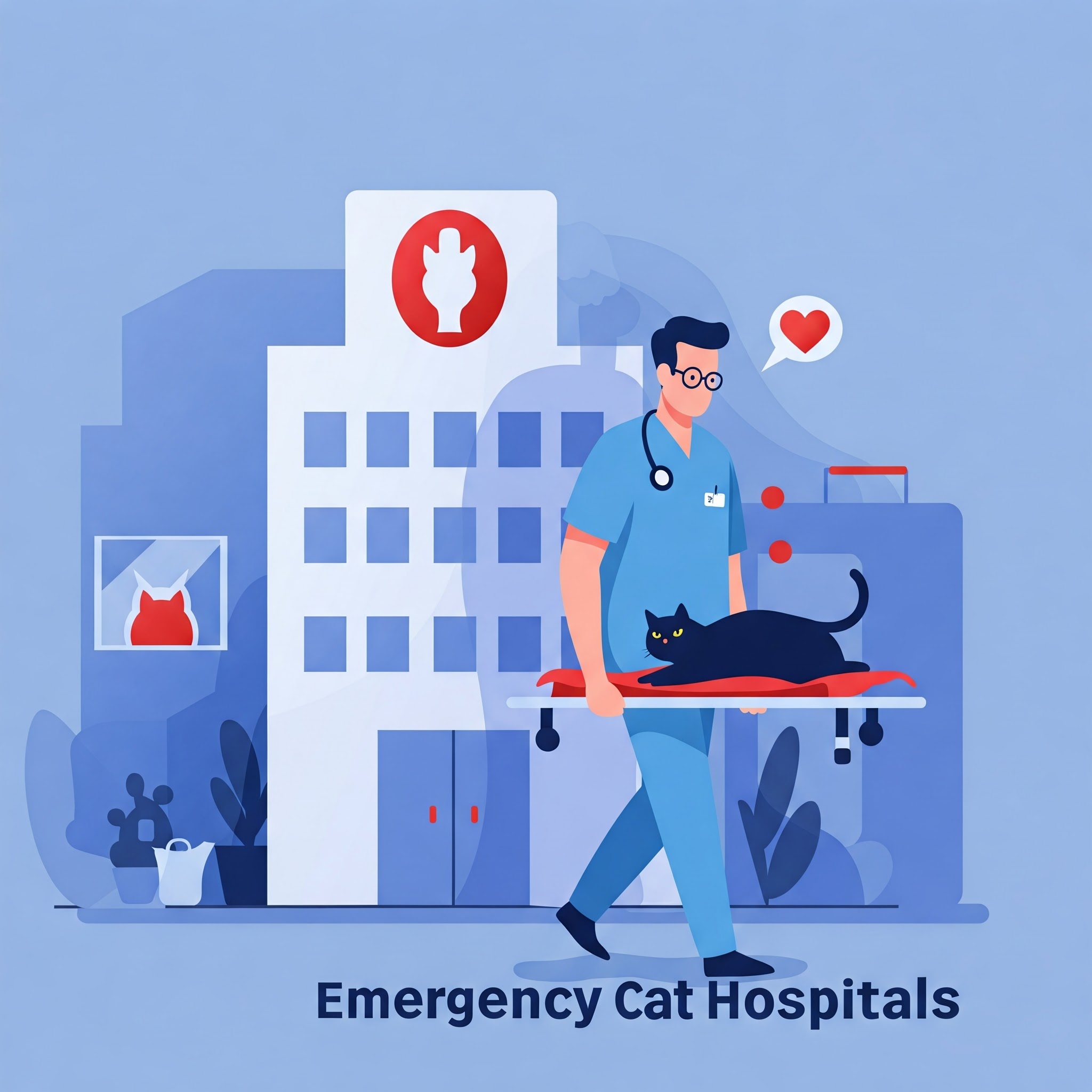
Cats, like all pets, can experience medical emergencies that require immediate attention. It’s important to know how to recognize when your cat is in distress and how to respond quickly. Additionally, having knowledge of nearby emergency pet hospitals ensures that you can get your cat the help they need when they need it the most.
1. Common Cat Emergencies
Cats are often independent and resilient, but they can still experience sudden health issues that require emergency veterinary care. Here are some common cat emergencies that demand immediate attention:
- Trauma or Injury: Cats are curious by nature, and they can often get injured while exploring their environment. Falls, accidents, or fights with other animals can result in fractures, bleeding, or internal injuries that require emergency care. Symptoms of trauma may include limping, lacerations, or signs of pain when touched.
- Poisoning: Cats are at risk of poisoning from household chemicals, certain plants, or toxic foods like chocolate, onions, and garlic. If your cat ingests something poisonous, it can lead to symptoms like vomiting, diarrhea, drooling, and lethargy. Prompt veterinary intervention is necessary to prevent further complications or death.
- Difficulty Breathing: Laboured or rapid breathing in a cat is a serious symptom that should never be ignored. Cats can develop respiratory distress due to asthma, heart disease, or other underlying conditions. If your cat is struggling to breathe, it’s crucial to seek emergency care immediately.
- Severe Vomiting or Diarrhea: Persistent vomiting or diarrhea can lead to dehydration, especially in young kittens and elderly cats. If your cat is unable to keep food or water down and shows signs of weakness, they need to be seen by a vet as soon as possible.
- Urinary Blockage: Male cats are especially prone to urinary tract blockages, which can be life-threatening if not treated immediately. Symptoms include straining to urinate, frequent attempts to urinate, or blood in the urine. Without treatment, urinary blockages can lead to kidney failure or rupture.
2. Finding an Emergency Cat Hospital
When your cat experiences a medical emergency, it’s essential to know where the nearest emergency veterinary hospital is located. Not all veterinary hospitals are open 24/7, so finding an emergency hospital that operates outside regular hours is important. Here’s what to consider when looking for an emergency cat hospital:
- Specialized Care for Cats: Look for an emergency hospital that specializes in feline care or has experience handling cat-specific emergencies. Cats require different care than dogs, and a hospital that understands feline behaviuor and health concerns is essential for providing the best care during an emergency.
- After-Hours Availability: Many emergency hospitals provide after-hours services, so it's essential to check if the hospital is open during nights, weekends, and holidays. Some hospitals may be affiliated with veterinary hospitals that provide emergency care, so it's good to know if there is a backup facility that can take your pet in case your primary hospital is closed.
- Location and Proximity: When an emergency happens, the quicker you can get your cat to a hospital, the better. Choose an emergency hospital that is located near your home, so you don’t waste precious time navigating through traffic. If possible, map out several nearby facilities in case one is unavailable.
3. Key Emergency Care Services for Cats
Not all veterinary hospitals offer emergency services, so ensure that the hospital you choose is equipped for urgent care. Many emergency hospitals have specialized equipment and staff trained to handle serious medical conditions. Look for:
- Advanced Diagnostic Tools: Ensure the hospital has the equipment needed to assess your cat’s condition quickly, such as X-rays, ultrasounds, and blood testing.
- Critical Care and Surgery: A good emergency hospital should have facilities for critical care and be able to perform emergency surgeries, if necessary, to treat life-threatening conditions.
- 24-Hour Care: Many emergencies require ongoing monitoring. A 24-hour emergency pet hospital will allow for continuous care, which is essential for pets with serious or life-threatening conditions.
Both dental care and emergency preparedness are essential parts of responsible pet parenting. Regular check-ups, timely intervention, and immediate access to emergency care can significantly improve your cat’s health and quality of life. Let Cessna Lifeline be your trusted partner in providing the best care for your feline friend. Whether you’re scheduling a routine dental cleaning or dealing with a sudden emergency, we are here to support you and your pet every step of the way.
